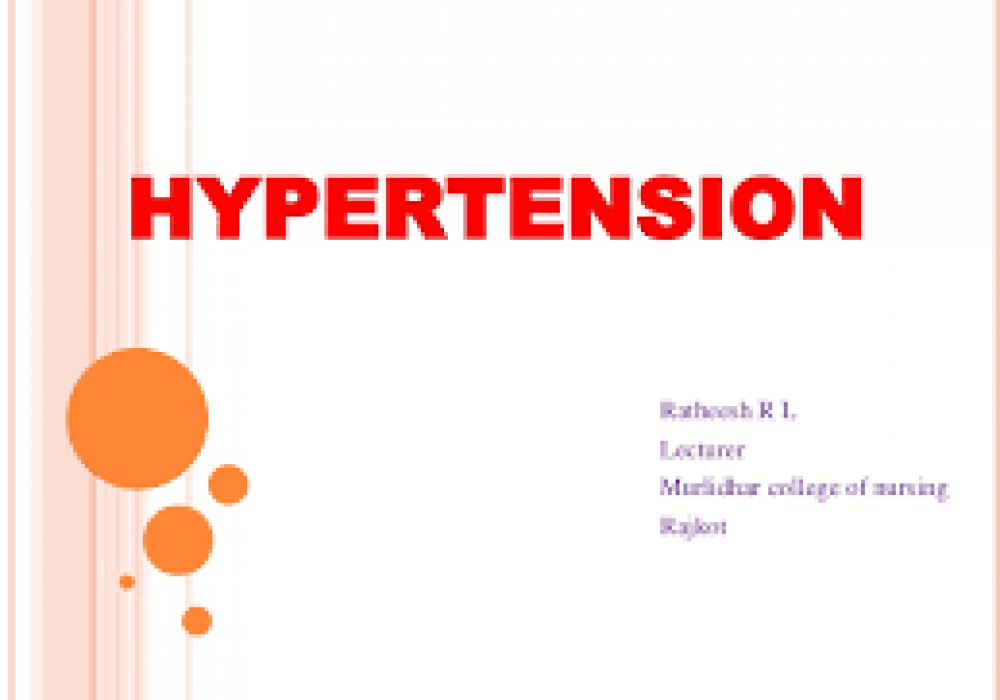

What is high blood pressure?
Blood pressure (BP) is the force of your blood against the walls of your blood vessels as your heart pumps blood around your body. If this pressure becomes high, you are said to have high blood pressure or hypertension.
Blood pressure is expressed by two measurements, the systolic and diastolic pressures, which are the maximum and minimum pressures, respectively. For most adults, normal blood pressure at rest is within the range of 100–130 millimeters mercury (mmHg) systolic and 60–80 mmHg diastolic. Depending on how high the BP is above normal, it is classified as stage I, stage 2 and critical as shown in the table.
Causes High Blood Pressure (HYPERTENSION )?
there is still no known cause for essential high blood pressure, there is substantial evidence that certain risk factors increase the risk of developing hypertension. Here are some of them:
Smoking
Smoking makes the blood vessels narrower which can cause high blood pressure. It also reduces the oxygen content in the blood so the heart compensates by pumping faster which causes blood pressure to increase.
Being Overweight or Obese
Overweight and obese individuals have a higher risk of developing high blood pressure compared to those of normal weight. Refer to your body mass index (BMI) as a guide if you are overweight or obese.
Lack of Physical Activity
Having a sedentary lifestyle raises the risk of developing high blood pressure. Regular cardiovascular exercise is one way to reduce your risk of developing the condition. Even two 30-minute sessions a week can make a difference, especially when combined with a healthy, balanced diet.
Too Much Salt Intake
Societies that don’t consume a lot of salt have a lower blood pressure compared to places where people consume a diet rich in salt. The problem is that Indians consume about double the recommended daily intake of salt.
High Fat Diet
Tran’s fats which are usually found in junk food is also bad and can contribute to the development of high blood pressure. Fat from plants and fish (monounsaturated fat) are generally good for you and may help improve cardiovascular health.
Too Much Alcohol Consumption
People who regularly drink have higher systolic blood pressure compared to those who do not drink. However, some studies have found that one to two servings of red wine or beer per day may improve heart health. Anything in excess can increase risk of developing hypertension.
Age
The older you get, the higher your risk of developing high blood pressure. This is why you need to be more careful with your diet and you need to exercise regularly.
Family History or Genetics
If you have a family history of hypertension, you have a significantly higher risk of developing the condition. There are 8 common genetic differences that may increase risk of hypertension identified by an international scientific study.
Stress
High levels of stress in prolonged periods have been found to have a negative effect on blood pressure. people with high-stress jobs have a higher risk of developing hypertension unless they practice good stress management techniques.
Medical Conditions
Certain medical conditions like diabetes, adrenal problems, thyroid disorders, and chronic kidney disease can also cause hypertension.
Signs of High Blood Pressure
Symptoms of high blood pressure vary with age, lifestyle, diet plan, stress and another number of factors to be considered.
There is no warning ahead whether you have hypertension or not. Regular monitoring or check-up is necessary. High blood pressure for one time cannot be considered as hypertension but it is also wise not to rule out the condition. People have high blood pressure without knowing it. Sometimes only a person learn he/she has hypertension after the damage of heart disease, kidney failure, and other serious conditions.
Symptoms of High Blood Pressure
Symptoms of high blood pressure can be varied from time to time. Often people are not known for having high blood pressure until it produces symptoms with serious complications. There are common symptoms associated with high blood pressure.
-
Dizziness
It can be a symptom of high blood pressure but may not be a reliable indicator as dizziness can occur for different disease. However, sudden dizziness, loss of balance or coordination or trouble walking are some of the signs of stroke and high blood pressure is one of the risk factors leading to stroke. -
Headaches
Although severe headaches or headaches are symptoms of hypertension for some people, it is still an unreliable indicator. -
Blurred Vision
In most cases, blurred vision occur when the eye muscle or nerve is damaged. Therefore, blurred vision is not directly related to high blood pressure. -
Nausea and Vomiting
The above symptoms are more likely to occur when blood fails to regulate properly causing critical blood pressure conditions. -
Chest Pain
Similar to nausea and vomiting, chest pain is less likely to occur during hypertension but if it exists then it could be leading to a heart attack. At the same time, high blood pressure is one of the risk factors leading to chest pain. -
Shortness of Breath
When the high blood pressure occurs it thickens the heart muscle leaving less space to flow blood from the lungs to the chamber which pumps throughout the body. Therefore, the blood flow back to lungs causing shortness of breath. -
Nosebleed
Nosebleed are common problems for both children and adults. A combination of nosebleed and high blood pressure is dangerous to ignore. Nosebleed are a result of when pressure exceeding normal high blood pressure.
Malignant Hypertension
It is a form of severe high blood pressure where bottom number of blood pressure readings exceeds more than 140. There are a number of symptoms include nausea, light-headedness and stroke. In the case of malignant hypertension, it is required to lower the blood pressure as well as emergency hospitalization is necessary to prevent brain hemorrhage or stroke.
It is important to understand that high blood pressure or hypertension can go through a person unrecognizing for years. It can cause the body damaging vital organs without showing any significant symptoms. It is necessary to have checked any symptoms that may relate to high blood pressure carefully. People with long-term high blood pressure may cause severe damage to the body including congestive heart failure, kidney failure, eye damage, and arterial disease.
CONCUSSION
There are many possible causes of high blood pressure. The most important thing to remember is to measure your blood pressure regularly and consult your doctor if it is above the normal blood pressure range. Hypertension can be controlled with some lifestyle changes like lowering salt intake but in some cases medication is necessary.
